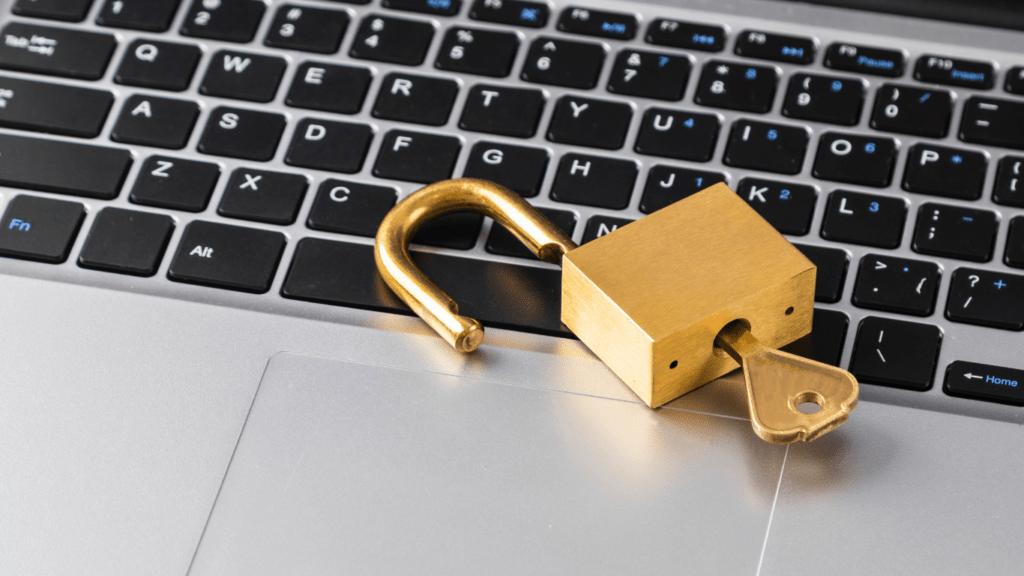In the world of online gaming and gambling, the role of licensing bodies is paramount in ensuring fair play and protecting players’ interests. As a seasoned expert in the industry, I’ve witnessed firsthand the significance of these regulatory bodies in maintaining integrity and trust within the gaming community.
Licensing bodies serve as gatekeepers, setting standards and guidelines that operators must adhere to in order to maintain their licenses. Through my years of experience, I’ve seen how these regulations not only promote fair competition but also safeguard players from potential harm and exploitation.
In this article, I’ll delve deeper into the pivotal role that licensing bodies play in upholding fairness and player protection in the dynamic world of online gaming and gambling.
Importance of Licensing Bodies
Licensing bodies play a crucial role in maintaining fair play and player protection in the online gaming and gambling industry by enforcing integrity and trust. They establish essential standards for operators, prevent fraudulent activities, and ensure strict adherence to regulations.
These bodies also protect players by promoting responsible gaming, enforcing age restrictions, and providing resources for those at risk of gambling issues. Their oversight ensures transparency, accountability, and a safer, more ethical gaming environment.
International Licensing Bodies
When it comes to the integrity of global sports, international licensing bodies play a vital role. These regulatory entities are responsible for overseeing and maintaining the integrity of sporting events on a worldwide scale.
They set and enforce strict guidelines and regulations to ensure fair play, prevent match-fixing, and uphold the credibility of sports competitions. By monitoring and regulating sports organizations and events, international licensing bodies contribute to a level playing field for athletes and teams, promoting transparency and trust within the sports industry.
Role on Global Sport Integrity
In the realm of global sport integrity, international licensing bodies play a pivotal role. These bodies are instrumental in safeguarding the authenticity and fairness of sports competitions by implementing stringent measures to prevent corruption and unethical practices.
By establishing and enforcing rules that promote fair play, combat doping, and combat cheating, these organizations uphold the values of sportsmanship and ensure that athletic contests are conducted with honesty and integrity. Additionally, international licensing bodies work towards maintaining the credibility of sports by investigating misconduct, imposing sanctions where necessary, and fostering a culture of transparency and accountability within the sporting community.
Local Licensing Bodies
Local licensing bodies are essential in ensuring fair play and player protection in the online gaming and gambling industry. They regulate gaming activities, issue licenses to operators meeting strict criteria, and work with law enforcement to address breaches, ensuring a safe, transparent environment.
These bodies also promote responsible gaming through measures like age verification, self-exclusion programs, and problem gambling support. Their proactive regulatory approach helps maintain industry integrity and prioritizes player well-being within their respective regions.
Challenges Faced by Licensing Bodies
Ensuring fair play and player protection within the gaming and sports industries presents several challenges for licensing bodies. As these regulatory entities uphold standards and guidelines, they encounter various obstacles in fulfilling their crucial role. Some key challenges include:
- Balancing Enforcement and Innovation: I struggle to strike a balance between enforcing rigid regulations to maintain integrity and allowing room for innovation and growth within the industries. It’s essential to adapt swiftly to technological advancements and changing consumer behaviors while upholding strict standards to protect players.
- Cross-Border Compliance: I face the complexity of ensuring cross-border compliance, particularly for international licensing bodies overseeing global sports events. Harmonizing regulations across different regions and jurisdictions can be daunting, requiring robust mechanisms for cooperation and information exchange among regulatory authorities.
- Emerging Technologies: I grapple with the challenges posed by emerging technologies such as blockchain and virtual reality in the gaming sector. Understanding and regulating these innovative technologies to prevent misuse and maintain fair play demand continuous vigilance and proactive measures.
- Cybersecurity Threats: I confront the increasing cybersecurity threats targeting online gaming platforms and sports databases. Safeguarding sensitive player information, preventing data breaches, and countering cyber attacks are paramount concerns that licensing bodies must address to ensure player protection and data integrity.
- Enforcement Gaps: I encounter enforcement gaps where some operators may find loopholes in regulations or engage in illicit activities that undermine fair competition and player safety. Strengthening enforcement mechanisms, conducting regular audits, and imposing stringent penalties are essential to curb such malpractices effectively.
By addressing these challenges proactively, licensing bodies can enhance their effectiveness in safeguarding fair play, integrity, and player welfare in the dynamic landscapes of online gaming and sports.
Future Developments in Player Protection
Expanding player protection measures is essential for the continual advancement of fair play and the well-being of individuals engaged in gaming and sports. Industry stakeholders, including licensing bodies, are actively exploring innovative strategies to enhance player safeguards and ensure a secure environment. Here are some key future developments in player protection:
- Strengthened Regulatory Frameworks: Enhancing existing regulatory frameworks to adapt to the evolving landscape of gaming and sports is crucial. This includes updating guidelines to address technological advancements and emerging trends that may impact player protection.
- Embracing Technological Solutions: Leveraging cutting-edge technologies such as artificial intelligence and machine learning can revolutionize player protection efforts. These tools can help detect potential risks, identify problematic behavior patterns, and provide early intervention to prevent harm.
- Enhanced Collaboration and Information Sharing: Establishing robust collaboration mechanisms among licensing bodies, industry stakeholders, and law enforcement agencies is vital for combating threats to player protection effectively. Sharing information on fraudulent activities, suspicious behaviors, and best practices can bolster collective efforts to safeguard players.
- Focus on Responsible Gaming Initiatives: Placing a greater emphasis on responsible gaming initiatives, such as self-exclusion programs, educational campaigns, and tools for managing gaming behavior, can empower players to make informed choices and promote healthier gaming habits.
- Proactive Approach to Addressing Emerging Risks: Anticipating and proactively addressing potential risks stemming from new technologies, changing consumer behaviors, and regulatory gaps is essential. Constant vigilance and adaptability are key in mitigating emerging threats to player protection.
- Implementation of Transparent Monitoring Systems: Implementing transparent monitoring systems that track gaming activities, financial transactions, and player behavior can provide valuable insights into potential vulnerabilities and enable swift action to protect players from harm.
- Continuous Evaluation and Improvement: Regular evaluation of player protection measures, regulatory practices, and enforcement policies is necessary to identify areas for improvement and ensure the effectiveness of interventions. By continuously refining strategies, licensing bodies can stay ahead of evolving challenges and enhance player safety.
By embracing these future developments and prioritizing player protection initiatives, licensing bodies can play a pivotal role in fostering a secure and responsible gaming and sports environment. Collaborative efforts, technological innovation, and a steadfast commitment to enhancing player safeguards will contribute to the sustained integrity and fairness of the industry while safeguarding the welfare of players and athletes alike.



 Kris Williams – Senior Industry Analyst
Kris Williams is a seasoned industry analyst with a strong background in financial trends and casino operations. His expertise lies in dissecting market shifts, regulatory updates, and the business strategies of major gambling companies. With a keen eye for detail, Kris provides readers with well-researched articles that break down complex industry movements in an easy-to-understand manner. His work helps casino operators, investors, and players stay informed about the latest developments in land-based and online gambling.
Kris Williams – Senior Industry Analyst
Kris Williams is a seasoned industry analyst with a strong background in financial trends and casino operations. His expertise lies in dissecting market shifts, regulatory updates, and the business strategies of major gambling companies. With a keen eye for detail, Kris provides readers with well-researched articles that break down complex industry movements in an easy-to-understand manner. His work helps casino operators, investors, and players stay informed about the latest developments in land-based and online gambling.
